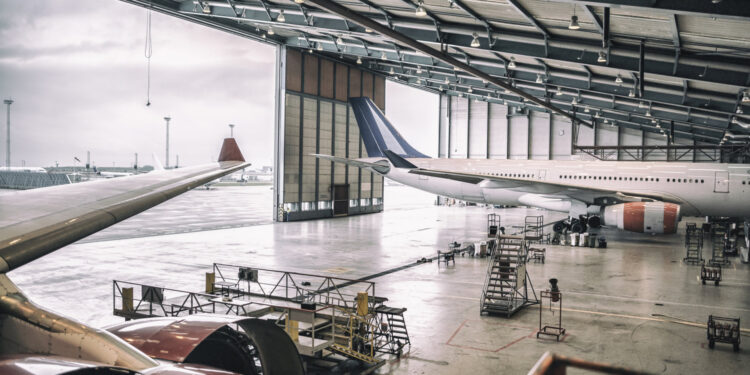In the ever-evolving world of aviation, flexibility is the key to success. As airlines strive to meet the demands of an increasingly dynamic market, aircraft leasing and trading services have emerged as powerful tools that provide the flexibility needed to navigate these challenging times. This article explores the power of flexibility offered by aircraft leasing and trading services and their significance in today’s aviation industry.
Aircraft leasing eliteaviations gained immense popularity in recent years, enabling airlines to access a wide range of aircraft without the burden of long-term ownership. Leasing offers several advantages, with flexibility being at the forefront. One of the most significant benefits is the ability to scale up or down the fleet size based on market conditions and demand. In times of growth, leasing allows airlines to quickly add capacity by acquiring additional aircraft, thereby capitalizing on market opportunities. On the other hand, during downturns or uncertain periods, airlines can easily return leased aircraft, minimizing their financial obligations and reducing the risk of operating underutilized assets.
Furthermore, aircraft leasing offers airlines the opportunity to access the latest technology and fuel-efficient aircraft models. With advancements in aircraft design and technology occurring at a rapid pace, leasing allows airlines to stay ahead of the curve without the need for significant capital investment. By leasing modern and fuel-efficient aircraft, airlines can reduce their operating costs, enhance their environmental sustainability, and provide an enhanced travel experience for passengers.
Trading services also play a crucial role in providing flexibility to airlines. Aircraft trading involves the buying and selling of aircraft, enabling airlines to optimize their fleet composition and adapt to changing market dynamics Air Craft Leasing & Trading. Through trading services, airlines can dispose of older or less efficient aircraft and replace them with newer models that align with their operational requirements. This flexibility not only allows airlines to enhance their overall fleet performance but also enables them to maintain a competitive edge in the market by offering improved services to passengers.
Additionally, aircraft trading services facilitate fleet adjustments in response to emerging trends or unforeseen events. For example, the COVID-19 pandemic has dramatically reshaped the aviation industry, leading to shifts in demand patterns and a need for different aircraft types. Trading services enable airlines to restructure their fleets to meet the evolving demands, whether it’s transitioning from wide-body to narrow-body aircraft for better cost efficiency or introducing cargo conversions to capitalize on the growing e-commerce market. The ability to adapt quickly through trading services has become even more critical in a post-pandemic world where agility and resilience are paramount.
Moreover, aircraft leasing and trading services are not limited to airlines alone. Lessors and trading companies play a vital role in the ecosystem by providing tailored solutions to meet the diverse needs of their clients. These services are not only accessible to established carriers but also to startups and regional airlines looking to enter or expand their operations On Board Courier Services. By offering flexible lease terms, customized financing options, and a wide selection of aircraft, lessors and trading companies contribute to the overall growth and development of the aviation industry.
In conclusion, the power of flexibility offered by aircraft leasing and trading services cannot be overstated in today’s aviation industry. These services empower airlines to adapt to market fluctuations, optimize their fleet composition, and capitalize on emerging opportunities. The ability to scale up or down the fleet size, access the latest aircraft technology, and adjust to changing market dynamics has become essential for airlines to thrive in a highly competitive environment. Furthermore, lessors and trading companies play a vital role in facilitating this flexibility, providing tailored solutions to meet the diverse needs of their clients. As the aviation industry continues to evolve, the significance of aircraft leasing and trading services will only grow, reinforcing their position as indispensable tools for success.













